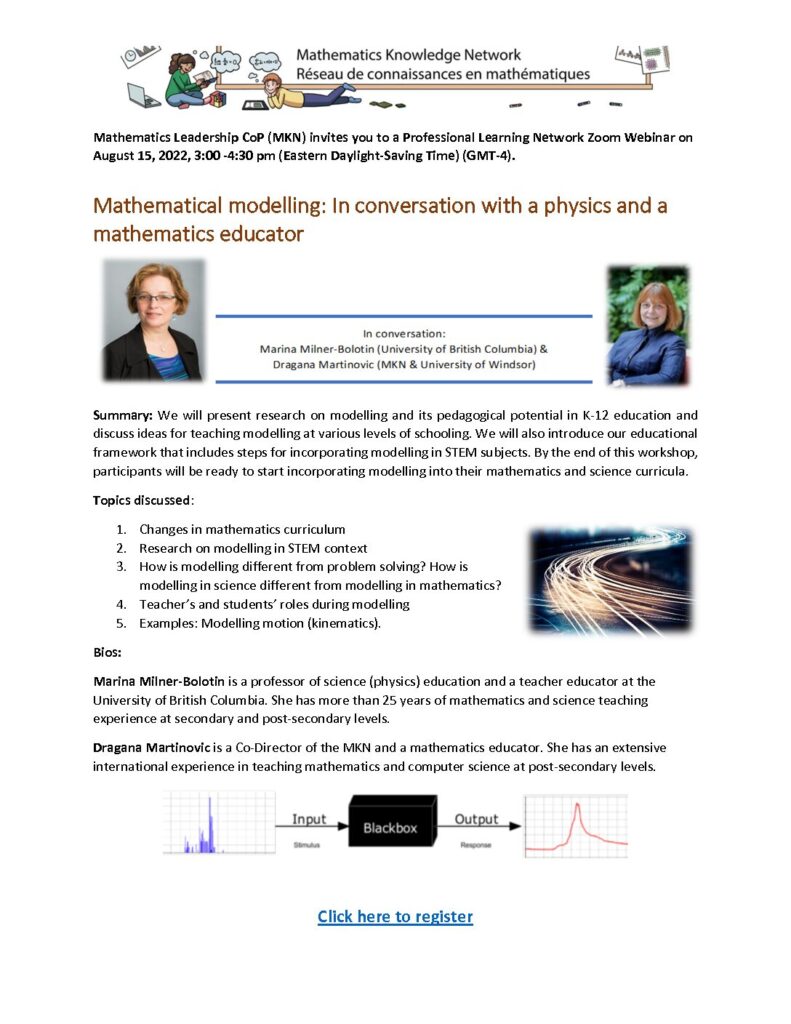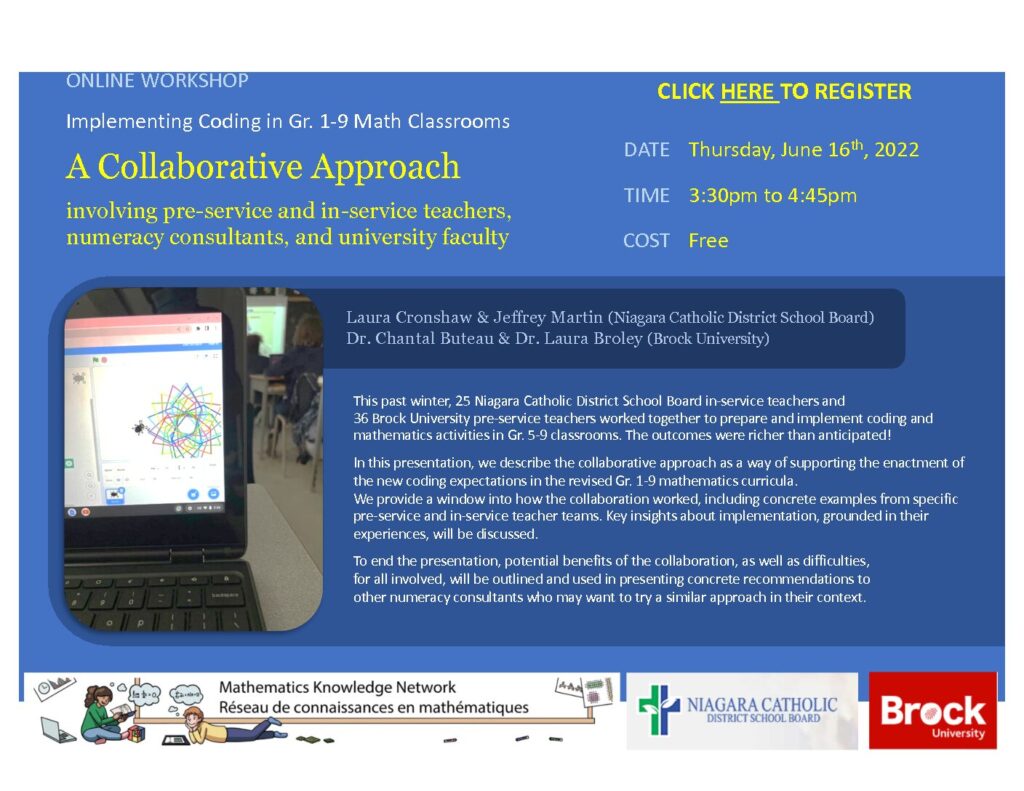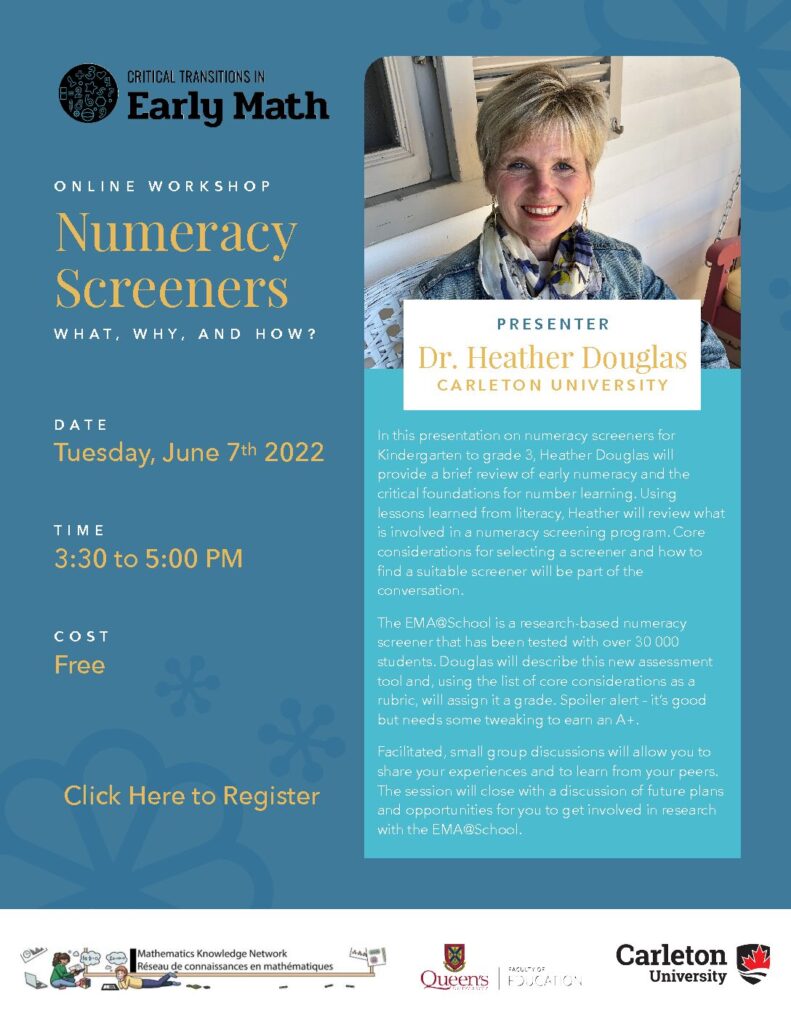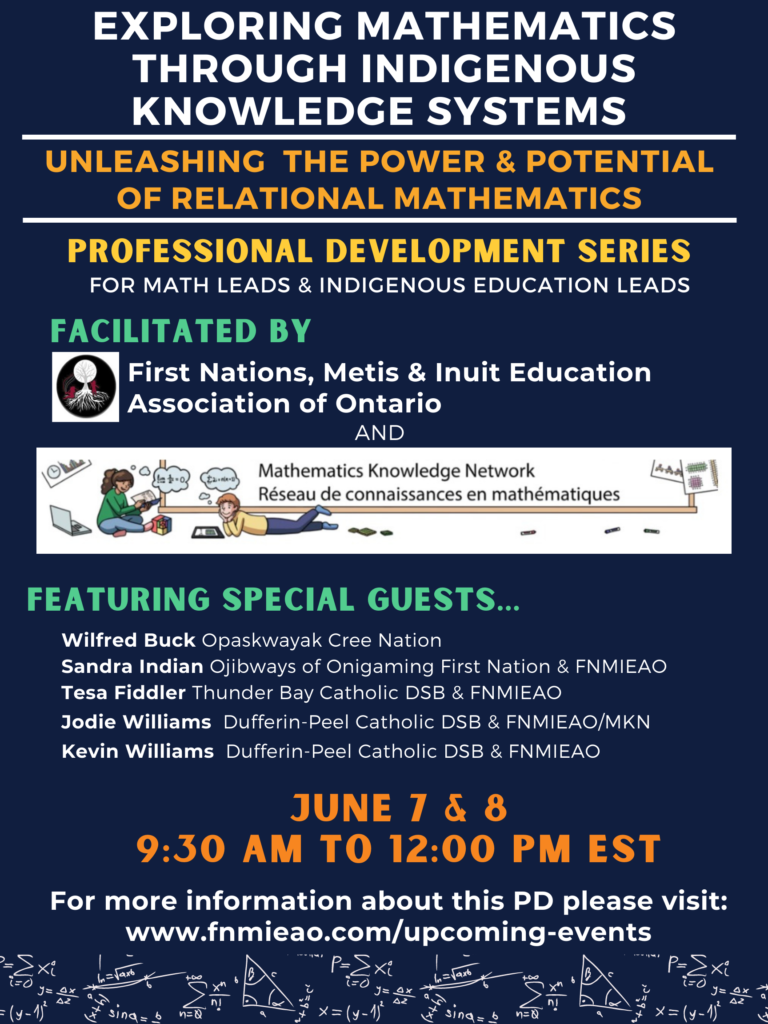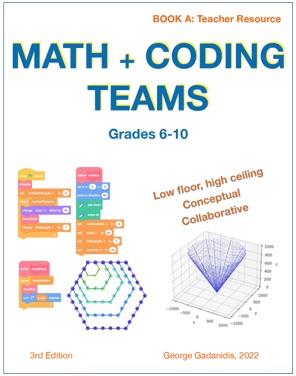We are excited to announce the eighth Professional Development session in a series from our Communities of Practice: Math Leadership, Critical Transitions, Indigenous Knowledge & Computational Modelling.
Marina Milner-Bolotin and Dragana Martinovic will present research on modelling and its pedagogical potential in K-12 education and discuss ideas for teaching modelling at various levels of schooling. They will also introduce their educational framework that includes steps for incorporating modelling in STEM subjects. By the end of this webinar, participants will be ready to teach and facilitate modelling during their mathematics and science classes.
Topics discussed:
- Changes in mathematics curriculum
- Research on modelling in STEM context
- How is modelling different from problem solving? How is modelling in science different from modelling in mathematics?
- Teacher’s and students’ roles during modelling
- Examples: Modelling motion (kinematics).
